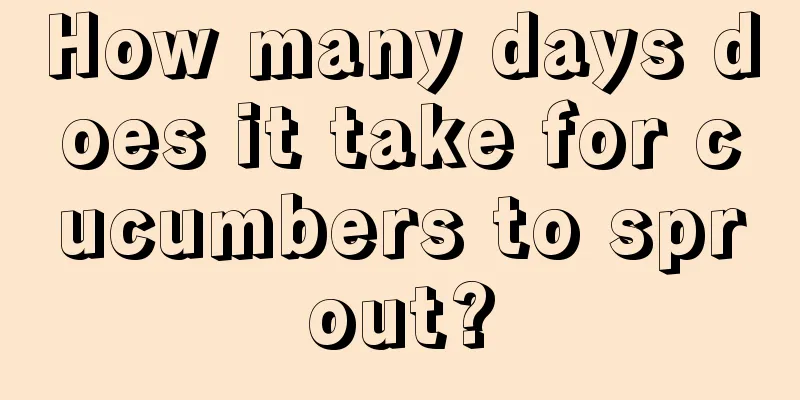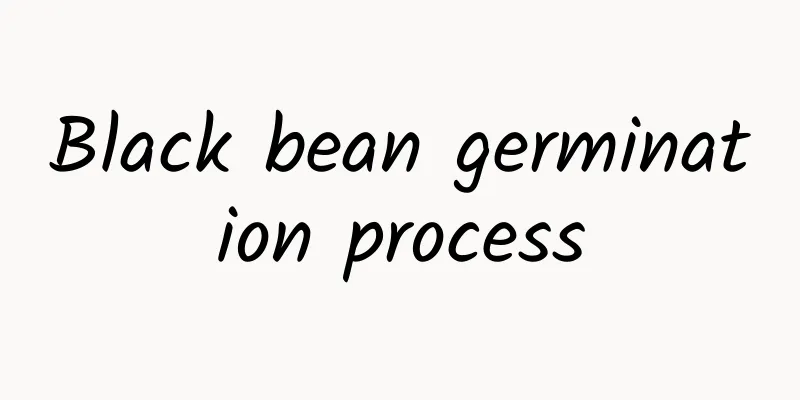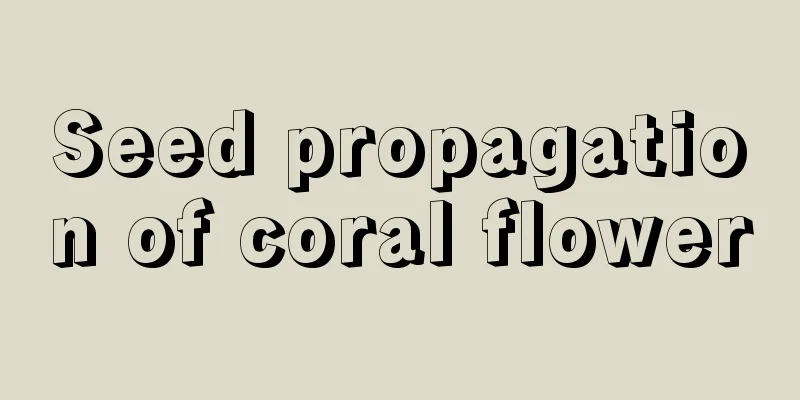What insects does fluphenazine and bifenthrin kill?

|
Fluphenazine-bifenthrin, a combination insecticide . It combines the advantages of flubendiamide and cypermethrin, has excellent neurotoxin and rapid antifeedant effects, a broad insecticide spectrum and rapid action. So what insects does flubendiamide and bifenthrin kill? Let’s learn more about it below. What insects does fluphenazine and bifenthrin kill? Fluphenazine and bifenthrin are effective against aphids, thrips , planthoppers, cabbage loopers, underground insects, etc. Usually, insects start to die one hour after application, and the death rate can reach 98.5% within 4 hours. It can kill eggs, larvae and adult mites. In addition, the ingredient fluphenazine has no drug resistance to aphids, and can make aphids quickly stop eating, while paralyzing their nerves and stopping them from causing harm. Correct use of flonicamid and bifenthrin 1. Usage The product recommends using 15% flubendiamide-bifenthrin suspension. Usage is as follows: (1) Peach trees and Chinese prickly ash: Spray yellow aphids and black aphids at 1500-2000 times the concentration, evenly. (2) Citrus: For aphids and thrips, 1500-2000 times the concentration, spray evenly. (3) Tea: Tea green leafhopper, aphid, black spiny whitefly 10g + 20g/barrel. (4) Watermelon and other melons: 10g yellow aphid and 20g black aphid per bucket of water. (5) Vegetables : 10g yellow aphid, black aphid and whitefly + 20g/bucket of water. (6) Flowers : 10g aphids, whiteflies, thrips and yellow thorn moth + 20g/bucket of water. 2. Notes (1) Reasonable use: Follow the product instructions and relevant regulations on the use of pesticides . (2) Rotate pesticides: avoid long-term single use to reduce the development of pesticide resistance in pests. (3) Pay attention to the environment: pay attention to the impact on non-target organisms and protect the ecological environment. (4) Scientific mixing: Conduct sufficient tests when mixing to ensure the efficacy of the drugs. (5) Adjust the use of medicine according to climatic conditions to improve the prevention and control effect. (6) Post-use treatment: Used containers should be properly handled and should not be used for other purposes or discarded at will to prevent environmental pollution and misuse. The above is an introduction to the uses and usage of fluphenazine and bifenthrin. Of course, the specific targets of prevention and control and usage and dosage should refer to the instructions on the product label and the regulations of the local agricultural department. Before using any pesticide, it is critical to carefully read the product label and follow all safety directions.
|
<<: Will roses be killed by the sun in summer?
>>: Cultivation methods and precautions of Oncidium
Recommend
How to breed miniature coconut palm
Propagation by seed A well-growing and relatively...
Can blueberries be grown in Hunan?
Can blueberries be grown in Hunan? Blueberries ca...
How to prune Malus hemp
Pruning time of Malus hemp It is more appropriate...
The difference between yellow wood fragrance and white wood fragrance, is yellow wood fragrance easy to grow?
1. Introduction to the differences 1. Look at the...
How to deal with Astilbe after flowering
Treatment after flowering of Astilbe 1. Pruning A...
When is the best time to plant wheat?
Wheat is one of the important grain crops in Chin...
Why can't you grow a fig tree at home? Are there any special requirements for growing figs at home?
Can I grow a fig tree at home? You can grow figs ...
How to grow grapes in pots and how to grow them at home
Potted grapes should be grown on a balcony or ter...
When is the best time to plant bebe melon seeds?
Planting time of bebe melon seeds Beibei melon is...
Summer maintenance methods of Amaryllis
Moisture Amaryllis prefers a humid environment, b...
When is the best time to plant sunflower seeds?
Sunflower seed planting time Sunflower refers to ...
How long is the growth cycle of passion fruit?
Introduction to passion fruit growth Passion frui...
Does okra like shade or sun? What are okra's requirements for light?
1. Do you prefer shade or sun? Okra is a light-lo...
Is Mimosa poisonous? Is Mimosa harmful to the human body?
1. Is Mimosa poisonous? There are trace amounts o...
How to grow Shizhixue quickly?
1. How to raise 1. Loam: Loam with loose texture,...









